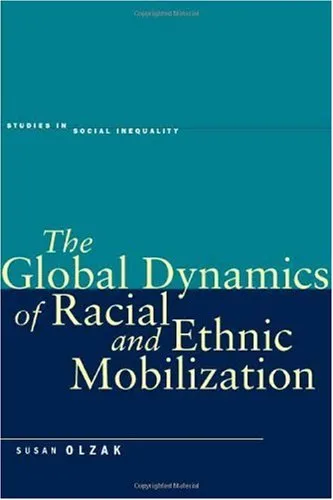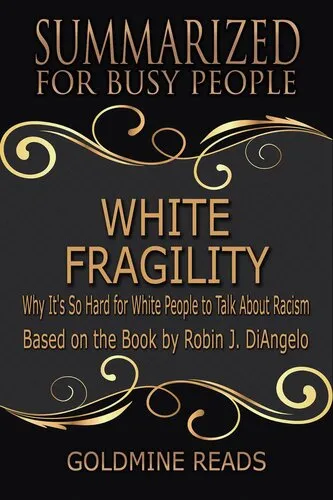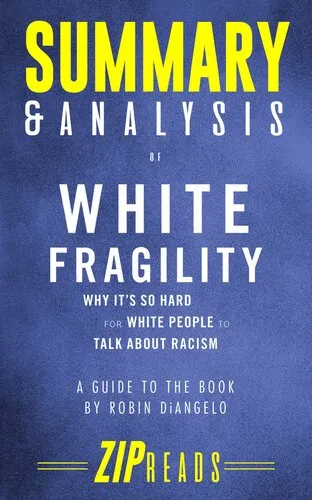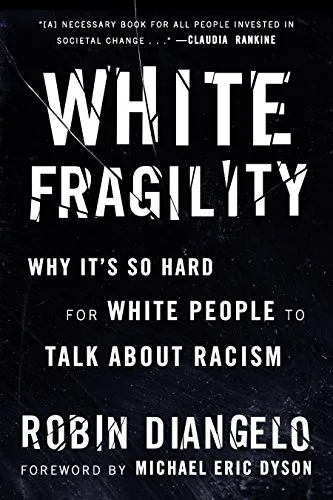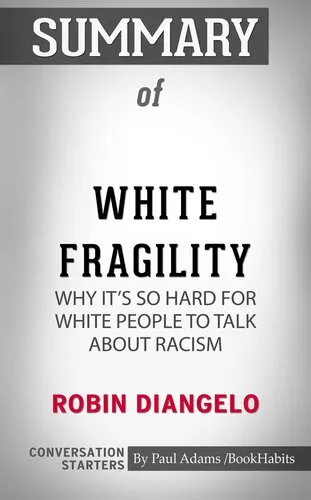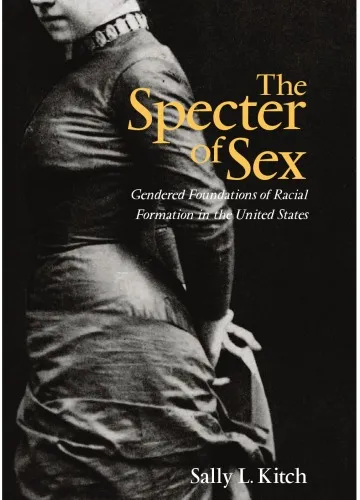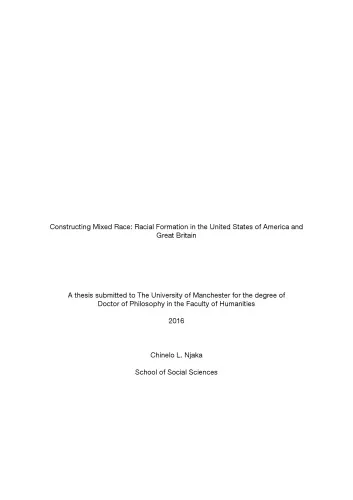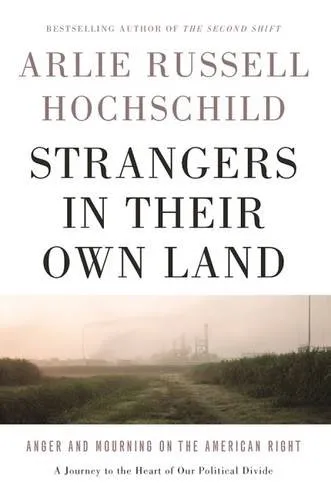The Global Dynamics of Racial and Ethnic Mobilization (Studies in Social Inequality)
4.0
Reviews from our users

You Can Ask your questions from this book's AI after Login
Each download or ask from book AI costs 2 points. To earn more free points, please visit the Points Guide Page and complete some valuable actions.Related Refrences:
Introduction to "The Global Dynamics of Racial and Ethnic Mobilization"
"The Global Dynamics of Racial and Ethnic Mobilization" is a critical examination of the factors, processes, and consequences driving the mobilization of racial and ethnic groups around the globe. Authored by Susan Olzak, this book is an essential contribution to the fields of sociology, political science, and social inequality studies. With a unique focus on global contexts, the book explores how racial and ethnic inequalities interact with broader economic, political, and social transformations, leading to mobilization efforts that seek justice, empowerment, and equality for marginalized groups.
With decades of scholarly expertise, Susan Olzak uncovers patterns of ethnic and racial mobilization that transcend borders and contexts. The book utilizes a comparative framework to highlight commonalities and differences in mobilization efforts across various regions. Through meticulous research, "The Global Dynamics of Racial and Ethnic Mobilization" challenges prevailing assumptions, offering fresh perspectives on how identity, stratification, and systemic inequalities shape social movements.
Detailed Summary of the Book
This book investigates how racial and ethnic groups organize themselves to address longstanding and systemic inequalities. The narrative is anchored on key questions: What sparks movements for racial and ethnic justice? How do existing socio-economic and political structures influence the success or failure of these movements? Are these movements unique to local contexts, or do they share universal traits?
Olzak provides an in-depth analysis of mobilization in both developed and developing regions. The book examines cases from North America, Europe, Africa, Asia, and Latin America, shedding light on the global nature of ethnic and racial dynamics. Core themes like the impact of state policies, economic disruption, and cultural resilience are interwoven throughout the book's chapters, showcasing how diverse groups rally around shared grievances and aspirations.
Key Takeaways
- Racial and ethnic mobilization is often driven by systemic inequality, economic exclusion, and political repression.
- The intersection of global and local forces plays a significant role in shaping how marginalized groups organize and demand change.
- Social movements form a critical response to societal inequities, but their success largely depends on the political opportunity structures present.
- Ethnic competition and demographic shifts can both spark and amplify mobilization efforts.
- The study of racial and ethnic mobilization is essential for understanding broader patterns of human rights advocacy, political instability, and societal change.
Famous Quotes from the Book
"Racial and ethnic mobilization is not a localized phenomenon; it is a global force shaped by shared grievances and aspirations for justice."
"The interplay between global transformations and local identities often defines the trajectory and nature of social movements."
"History has shown that inequality and exclusion are the breeding grounds for collective action, spurring people to challenge entrenched systems of oppression."
Why This Book Matters
"The Global Dynamics of Racial and Ethnic Mobilization" is a timely and powerful resource in an era where racial and ethnic inequalities continue to headline global discourse. By providing both global and historical perspectives, this book underscores the importance of understanding the mechanisms driving social movements. It equips readers with the tools to analyze and contribute to ongoing debates about identity, justice, and equity in today's interconnected world.
The book not only advances academic discussions but also encourages policymakers, activists, and everyday individuals to rethink how they perceive and address inequalities. Whether you are studying social inequality for academic purposes or seeking to inform your activism, this book serves as both a roadmap and a call to action.
Free Direct Download
You Can Download this book after Login
Accessing books through legal platforms and public libraries not only supports the rights of authors and publishers but also contributes to the sustainability of reading culture. Before downloading, please take a moment to consider these options.
Find this book on other platforms:
WorldCat helps you find books in libraries worldwide.
See ratings, reviews, and discussions on Goodreads.
Find and buy rare or used books on AbeBooks.
1412
بازدید4.0
امتیاز50
نظر98%
رضایتReviews:
4.0
Based on 0 users review
"کیفیت چاپ عالی بود، خیلی راضیام"
Questions & Answers
Ask questions about this book or help others by answering
No questions yet. Be the first to ask!
